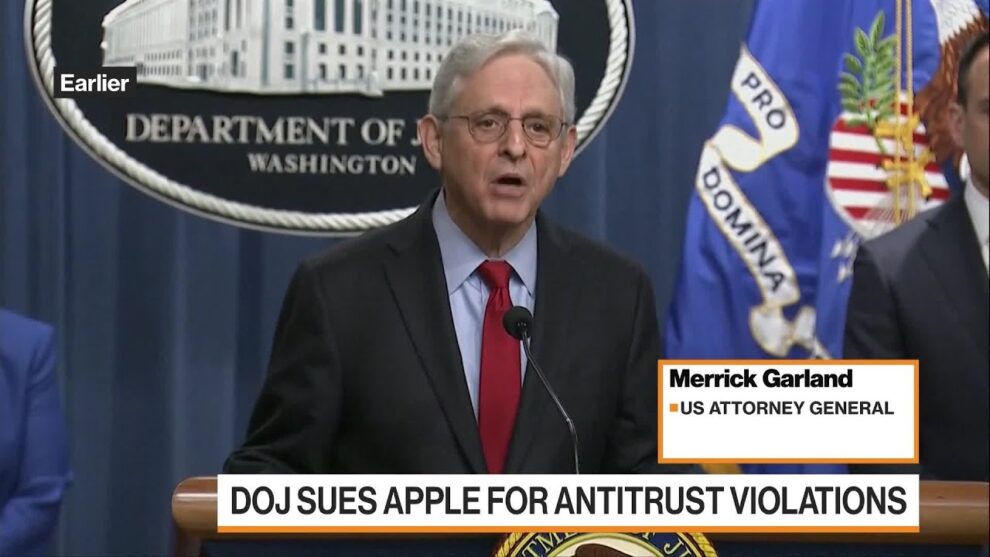Apple’s App Store Under Scrutiny: The DOJ’s Move Against Tech Giant
In what could mark a significant shift in the tech industry’s landscape, the U.S. Department of Justice (DOJ) is inching closer to filing a potential antitrust lawsuit against Apple. At the heart of the matter is Apple’s App Store and its exclusivity over third-party applications on its devices, raising concerns over anticompetitive practices. This development is a culmination of years of scrutiny and investigation into Apple’s business practices, which many argue, stifles competition and innovation.
Key Highlights:
- The DOJ has been investigating Apple since 2019, focusing on allegations of market power abuse to hinder smaller tech companies, including app developers and competing hardware makers.
- The investigation is part of broader efforts by Congress, the DOJ, and the Federal Trade Commission to regulate the dominance of large tech companies in the internet, social media, and online advertising spheres.
- A significant aspect of the case may revolve around Apple’s App Store’s exclusive control over third-party iPhone apps, which critics argue limits competition and consumer choice.
- European Union has already legislated against Apple’s monopolistic control via the Digital Markets Act, requiring Apple to permit competition in the iPhone app market by allowing third-party app stores.
- Beyond the App Store, the DOJ is also examining Apple’s control over its hardware and how it might disadvantage competitors beyond app developers, with particular focus on public complaints by Tile, a maker of devices for finding lost items, which competes with Apple’s AirTags.
The Broader Implications:
This lawsuit, should it proceed, represents a significant challenge to Apple’s business model, particularly concerning the App Store, which is a substantial revenue source for the company. The case extends beyond the App Store’s payment system and the commissions charged to developers, touching on Apple’s overarching control over its ecosystem, including hardware and software integration.
Apple has previously demonstrated its willingness to litigate to protect its App Store, notably going to trial against Fortnite maker Epic Games. However, with a DOJ lawsuit, the company faces a potentially more formidable opponent, backed by the U.S. government’s resources and regulatory authority.
As the DOJ continues to draft the potential antitrust complaint, the tech community and consumers alike are watching closely. The outcome of this case could have far-reaching implications for how tech giants operate, potentially paving the way for more competition, innovation, and choice in the digital marketplace. It remains to be seen how Apple will respond and adapt to these legal and regulatory challenges.








